Research practices, and indeed, resources themselves, have changed tremendously over the last few decades. Teachers who have completed their degrees in recent years will have received far different training than those of us who graduated many years ago. The importance of developing good research practices has always been a priority for teachers, however the definition of what exactly constitutes “good” research practices has changed. Rather than directing students towards the book stacks, teachers must also assist students in sifting through the myriad websites to find appropriate information as well. With these new research techniques comes new responsibilities on the part of the teacher. Information literacy has become a crucial part of teaching students how to research. “Students no longer go to encyclopedias and other books at the library to look up information; they instinctively go to the Internet. Information literacy helps students recognize misleading, out-of-date, or false information. It helps them sort through the data and interpret it intelligently” (What Exactly is Information Literacy and What Role does it Play in Education, 2019). Teacher Librarians must act as mentors to teachers who need to elevate their practice to include teaching information literacy and indeed, new ways of using reference resources.
The following case studies will demonstrate the teacher librarian’s role in assisting teachers to elevate their practice.
Sonia is a teacher of 16 years who has been teaching grade four French immersion for the last five years. She keeps a well-ordered and disciplined classroom where students are engaged and on-task. Sonia places emphasis on writing skills and explicitly teaches parts of speech as well as dictionary use in both French and English. She varies the types of activities she assigns to the students in order to accommodate various learning styles and interests, but rarely gives choice.
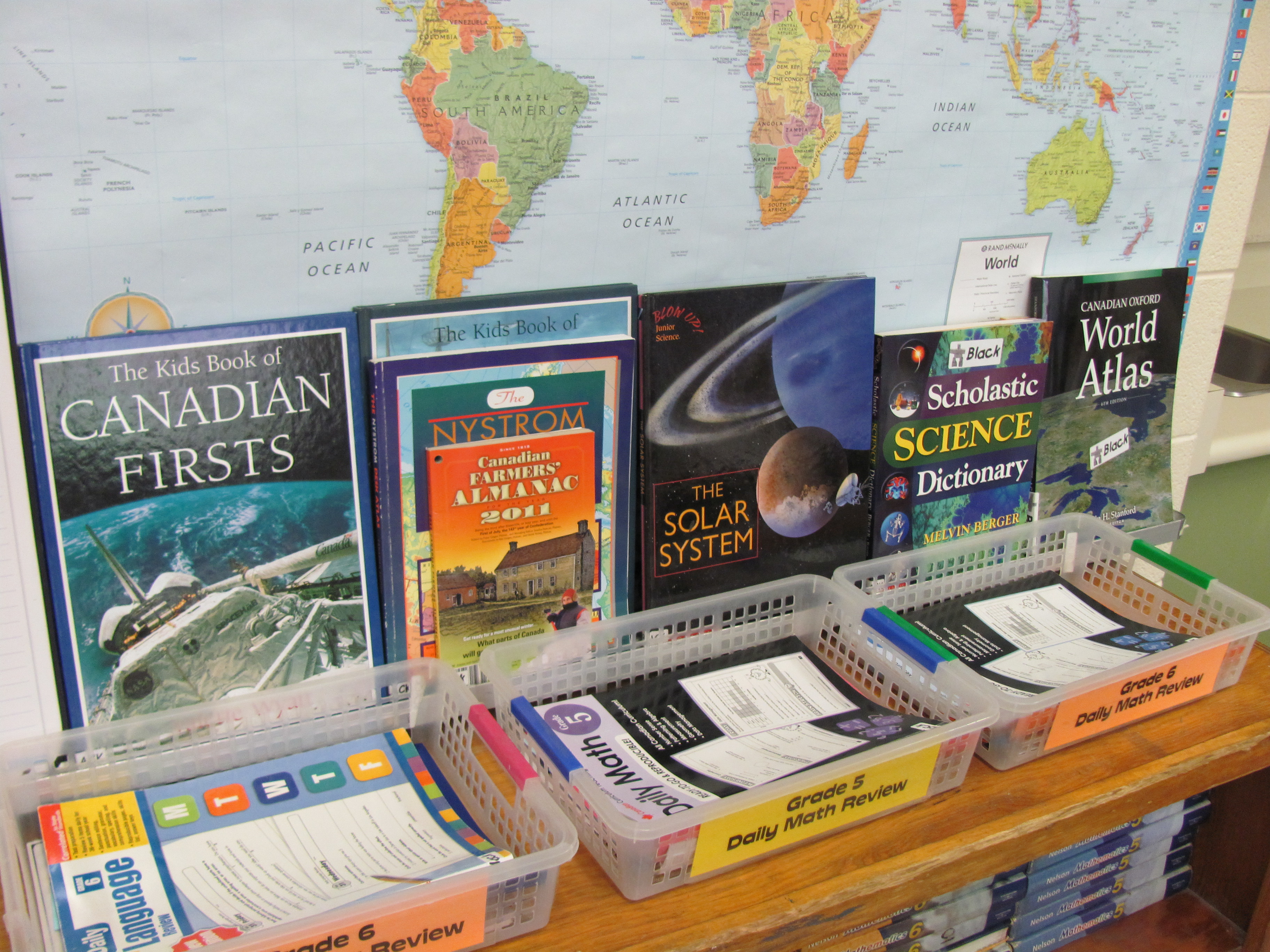
The classroom is equipped with a class set of Canadian Atlases and a mobile cart of French-English dictionaries which is shared between two classes. There are also single volumes of monolingual dictionaries in French and English as well as a variety of non-fiction and fictional texts in both languages, including several children’s periodicals such as Chirp and Allons-y. A class set of Chromebooks is available to the students once a cycle. A library visit is also scheduled once a cycle but this is primarily for book exchange rather than for research or computer use. The school has a part-time librarian only and no volunteers so the classroom teacher is responsible for checking books in and out for students during their half hour visit. Sonia participates in regularly offered professional development offered by both the school and the school board, but her practice does not seem to evolve or change. Sonia bases her classes largely upon following the texts as well as the activities planned out in the accompanying teacher manuals. She values print resources and traditional methods but does make an effort to incorporate technology by putting the student’s homework on her website, and by putting a morning greeting and assigned seat work on a slide each morning on the Smartboard.
The challenge with leading Sonia into growing her practice is that she feels comfortable in her teaching practice and therefore sees no need to change. According to the CBAM Stages of Concern (see below), Sonia is at the Awareness Stage of Concern.
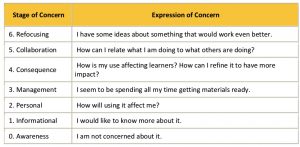
She is not concerned with incorporating reference resources in ways other than what she is currently doing. In order to bring Sonia to the next Stage of Concern, she needs to be made aware of the ways in which she can incorporate reference resources into her practice while also showing how these change might benefit both her and her students.

Firstly, teachers must be made aware of all of the reference resources that are available at the library and online. Periodically sending out a newsletter or group email to all staff featuring new acquisitions, upcoming available professional development offerings, as well as useful websites and tutorials would be a good first step in awareness. Teachers will be more likely to use resources once they are made aware of them. Additionally, offering professional development on the importance and the implementation of information literacy in elementary schools may help in allowing teachers like Sonia to see that there is value in incorporating these types of lessons into their practice. Ideally, these PD sessions would be offered as part of a teacher inservice that all teachers must attend. If offered as a lunch and learn or an optional PD, teachers like Sonia who have no concerns with their practice will likely not attend. This professional development session must begin by highlighting exactly why these skills are important to teach elementary school students. “Elementary school is when kids first learn how to learn. Kids start using search engines quite early on, making elementary school the perfect time to teach research skills that become a foundation for lifelong learning” (The Room 241 Team, 2013). Purcell et. al. in the results of their survey and focus group of teachers, found that when asked what research skills student needed to be taught, “the most commonly cited skills were how to evaluate the quality of information, how to recognize what information is and is not relevant to the question at hand, and how to synthesize information from multiple sources into a coherent piece of work” (Purcell et. al., 2012). Providing teachers like Sonia the opportunity to see how these skills may be taught to their students in an effective way will help them to move into the informational stage of concern.

Mathilde is a teacher of 21 years. She teaches grade five French immersion at another school. She has completed her Masters of Education gradually over the last number of years by taking online courses and participates regularly in school and board-offered professional development. Mathilde’s lessons are often game and movement based and she encourages curiosity and inquiry in her classroom. She is open in her questioning and instruction methods and believes that student-led learning is key to authentic learning. Mathilde often allows choice in her assignments, particularly with regards to the publication of final projects. Her classroom is equipped with a mobile set of iPads, as well as a small classroom library and reading corner with a selection of both fiction and non-fiction books. There is flexible seating as well as a selection of board games. There are no reference books in the classroom day-to-day, but she may check out books for her classroom from the library if they are researching a particular topic. For example, she makes accessible a set of books about each of the provinces and territories when they are working on their required research project. The teacher librarian at this school is full-time and is well-versed in technology. Much technology is available at this school such as a 3D printer, various coding technology, and a green screen which Mathilde openly encourages her students to use.
Mathilde is at the Consequence Stage of Concern. She is using reference resources in her classroom to some degree but does not explicitly teach research skills or information literacy. She is concerned with ways to improve her integration of reference resources into her practice and how she can best serve her students, particularly when it comes to preparing them for higher levels of schooling. Mathilde is aware of the importance of research projects but is unfamiliar with methods of teaching effective research skills or information literacy. In order to move to the next Stage of Concern – Collaboration – Mathilde must see these practices at work in other classrooms. Providing her with resources and with examples of lessons would help to guide her in a new direction.
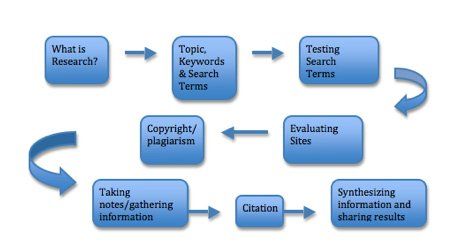
Some excellent ideas are available on website such as www.scholastic.com/teachers/lesson-plans/teaching-content/building-research-skills-grades-4-8/, www.edtechteam.com/blog/2018/03/research-skills-in-the-elementary-classroom, and www.kathleenamorris.com/2019/02/26/research-lessons. Mini lessons on topics such as those in the graphic above may gradually be incorporated into her practice to teach valuable skills about keywords, copyright, and note-taking.
While Mathilde may be aware that research skills are important, she must stress this importance to her students. “Including well-designed library-based assignments in your courses can help build students’ research and thinking skills” (Teaching Students Research Skills Using Library-Based Assignments, n.d.).

Offering to provide a lesson to her class on a particular research skill or a research framework such as the Points of Inquiry may also be of tremendous help. Teachers’ time is valuable and planning another lesson may feel like a daunting task, particularly if the teacher is unsure of where to start. By offering our services, the teacher may begin to see the teacher librarian as a partner and valuable resource.
Another way to bring Mathilde into the collaboration stage would be to have her, with a small group of other teachers, do a learning walk to other classrooms in the school who are participating in research projects or lessons. A learning walk, whereby teachers observe other teachers in small groups for five to ten minutes at a time, provides teachers with time to reflect on the practices of other teachers in a healthy and constructive way.
Alternately, small groups of teachers can observe classes in the library participating in research projects and using various types of reference resources, or sit in on a mini-lesson provided by the teacher librarian. In addition to this, allowing time during available PD or at grade-level meetings for teachers to collaborate and come up with specific ways in which they can integrate reference resources into their lesson plans would be beneficial.
It is clear that in order to help move teachers through the CBAM stages of concern, a teacher librarian must first make teachers aware of the reference resources available but then offer professional development opportunities for teachers to both observe and collaborate with other teachers in order to integrate these resources into their pedagogy. An important part of the CBAM model, however, is that change takes time. The teacher librarian needs to offer continuing support over the course of several years if they are to see a meaningful change in the teachers’ practice.
“If participants are NOT supported:
- they can NOT continue to grow
- implementation problems will often overwhelm them, and…
- the innovative practices will be discarded
- coping strategies which are often poor practice will be adopted” (Loucks-Horsley, 1996).
Following the introduction of how to integrate reference resources and skills into their practice, teacher librarians must follow up with teachers to see at what stage of concern they may find themselves, and if they need any additional support.
Bibliography:
Hertz, Mary Beth. (2012). Doing Internet Research at the Elementary Level. Retrieved from: www.edutopia.org/blog/elementary-research-mary-beth-hertz
Loucks-Horsley, Susan. Professional Development for Science Education: A Critical and Immediate Challenge. National Standards & the Science Curriculum. Dubuque, Iowa: Kendall/Hunt Publishing Co., 1996. Retrieved from: https://s3.wp.wsu.edu/uploads/sites/731/2015/07/CBAM-explanation.pdf
Purcell, K. et. al. (2012, 1 November). Teacher Research Skills in Today’s Digital Environment. How Teens Do Research in the Digital World. Retrieved from: https://www.pewresearch.org/internet/2012/11/01/part-iv-teaching-research-skills-in-todays-digital-environment/
Teaching Students Research Skills Using Library-Based Assignments. (n.d.) Retrieved from: uwaterloo.ca/centre-for-teaching-excellence/teaching-resources/teaching-tips/developing-assignments/cross-discipline-skills/teaching-students-research-skills
The Room 241 Team. (2013, 25 April). Five Ways to Teach Research Skills to Elementary School Children. Retrieved from: education.cu-portland.edu/blog/classroom-resources/five-ways-to-teach-research-skills-to-elementary-school-children
What Exactly is Information Literacy and What Role does it Play in Education. (2019). University of Southern California. Retrieved from: libraryscienceegree.usc.edu./blog/what-exactly-is-information-literacy-and-what-role-does-it-play-in-education/
Featured image source: https://favpng.com/png_view/teacher-professional-learning-community-teacher-leadership-professional-development-png/S4PdzzAY
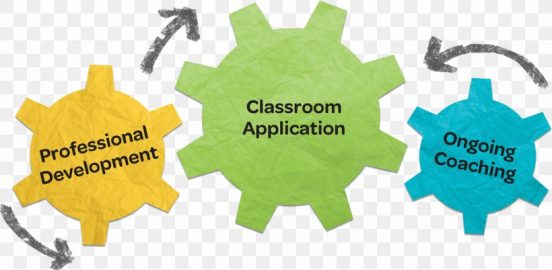
 Follow
Follow

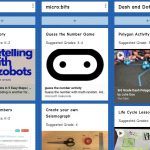

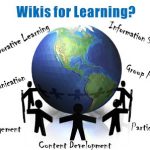
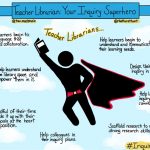
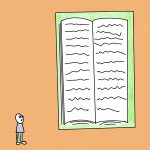
Nicole Reid
April 2, 2020 — 10:40 am
It’s interesting Melissa, of your two sample teachers, I think they represent a lot of teachers in schools. For Sonia’s CBAM stage of concern, she is going to be the hardest to ‘crack’. I wonder often, how do we as teacher-librarians spark the informational level and twig a sense of ‘I want to learn more’, especially with veteran teachers.
Coming in as a teacher-librarian with less experience than many classroom teachers, it is a challenge to earn that rapport. Many teachers are happy to collaborate I find, but actually finding the hook to spark interest for some teachers to want to learn more differs for everyone and strategies to twig that interest I am only still learning. Couple that with the circumstance Sonia has with limited T-L support due to the part-time nature of the role, this is a steep challenge. I wonder if with Sonia, it is better to start with something she is already successfully doing on the CBAM scale and support that learning progression, then return to inclusion of reference resources, once a relationship and pattern is built… Not sure.
Mathilde on the other hand, seems like she will be easier to move up the scale. I like your modeling suggestions. A learning walk is a great idea to offer practical observation of practice.